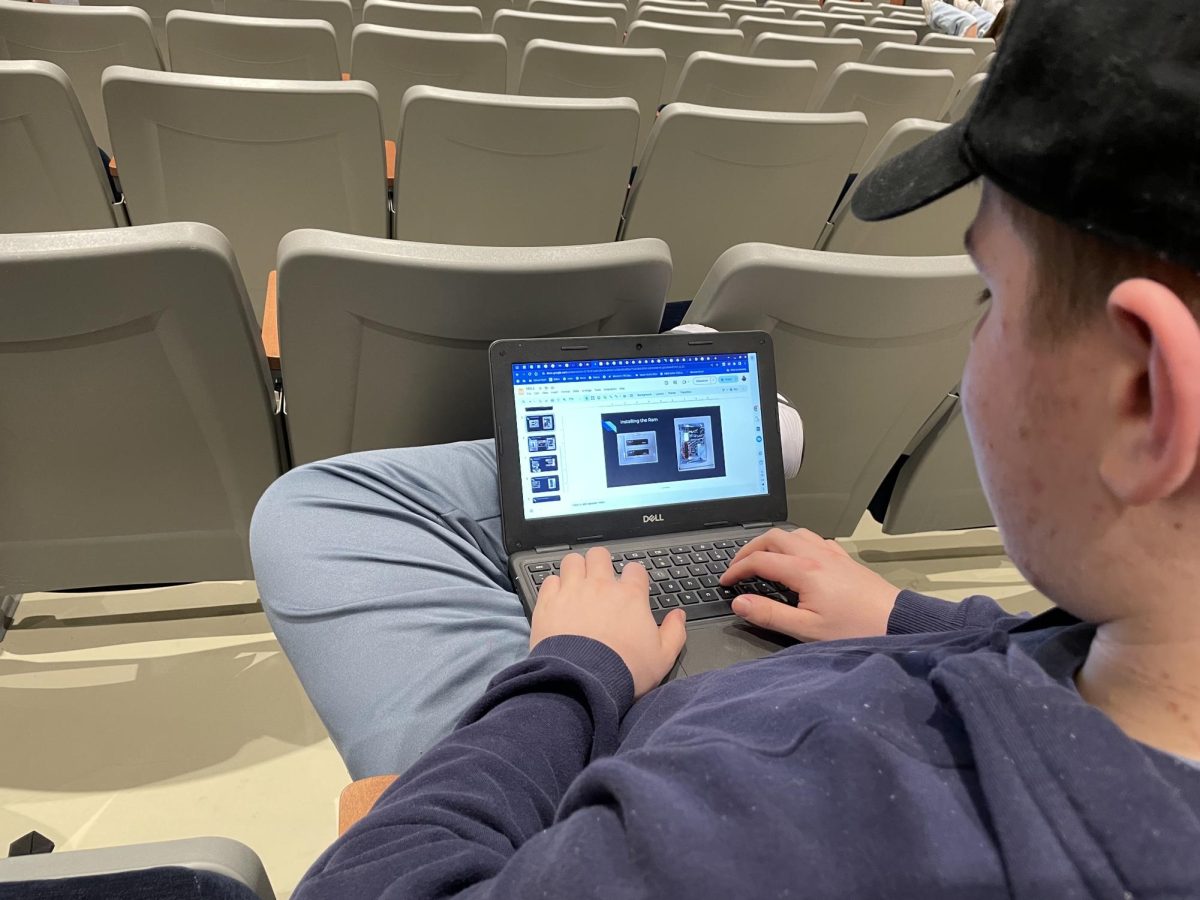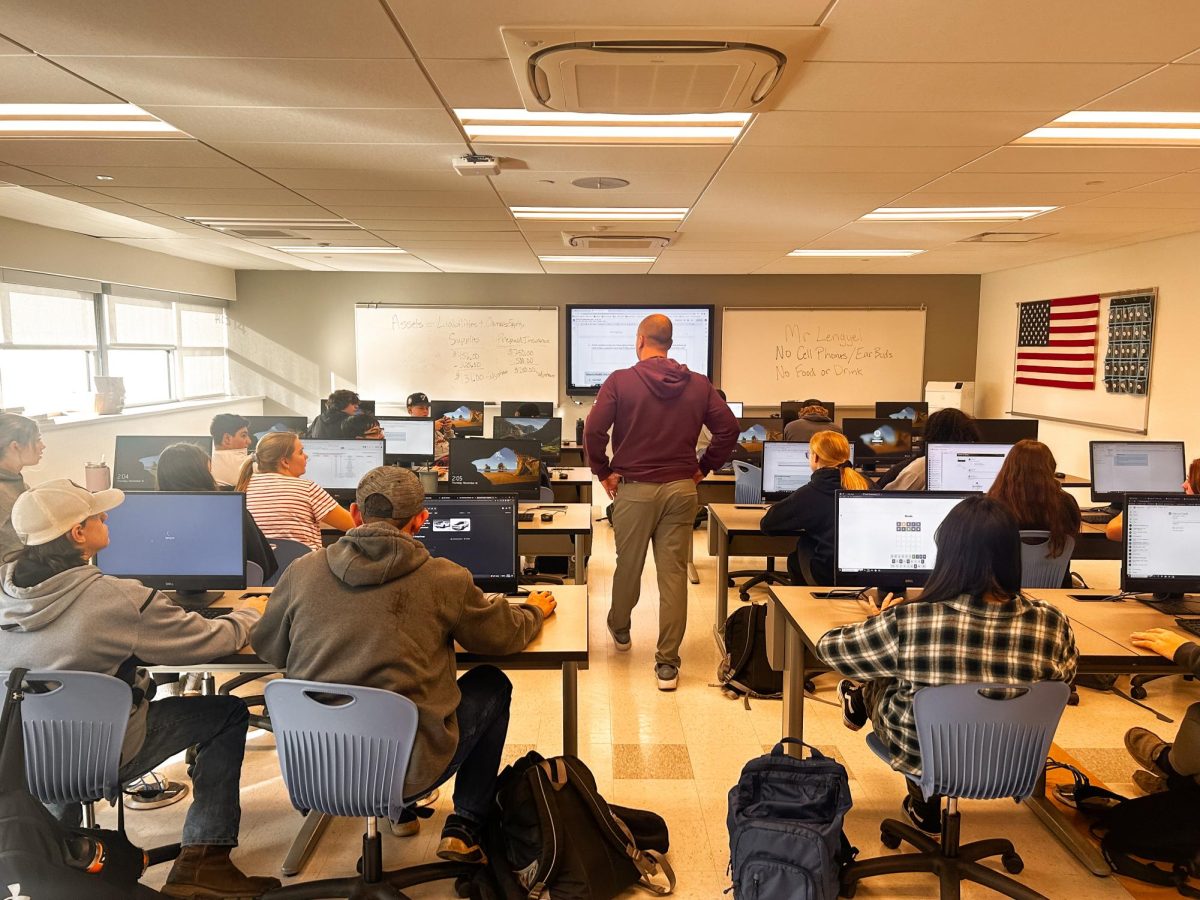NHS civics asks students to explore a topic that’s relevant to American life. Students must thoroughly research a topic and cite secondary sources. Below are three student submissions from this year’s course.
Adem Rizvani
Why Gun Laws Need to be Stricter
Every year 43,375 people die a year due to gun violence, this could be stopped if lawmakers would pass bills to make background checks stricter, I believe that there isn’t anything wrong with owning a gun everyone should be able to own a gun if they want one but they should be checked for issues, that could cause them to cause a mass shooting, such as anger issues or depression and other issues that could mass shootings. The ATF has been working for years on closing the loopholes on people selling guns without licenses “but unlicensed private sellers in many states have been able to legally sell at gun shows, out of their houses and and through online platforms”(Thrush) these loopholes have caused many issues throughout recent years, such as buying a gun and gifting it to their son or daughter an example of this is the Oxford High School shooting where the parents bought a gun for their son and he committed a mass shooting the parents were held responsible “his mother, Jennifer Crumbley was found guilty of involuntary manslaughter” (Halpert) his father was also found responsible for separate charges. If the stricter background checks had been put into place they could have prevented this whole situation from occurring, and they could have been asked if it was a gift and they agreed they could have had their son have a background check and be evaluated for mental issues, and none of this would have happened.
Some opposition to background checks say that it would be safer to have more people carry guns so that if a mass shooting were to happen the citizens would be able to protect themselves from a shooter. There are flaws to this plan such as in most states in the U.S open carry is permitted to where a person can have a gun on them with a license, but the issue is a person can just buy a weapon without any type of documents and just walk away with a new gun. The reason gun control is believed to be flawed is because people really dislike these new laws and will buy guns illegally just to spite the new laws and because “the impact of gun control on the availability and accessibility of firearms, particularly handguns” (Moorhouse, Wanner) these laws stricken the availability to purchase firearms. Solutions to gun violence could be having individuals go to a doctor before being allowed to purchase a gun such as a psychologist and have them be evaluated for any anger issues or any mental issues. According to Statista “In 72 cases out of a total of 149 reported mass shootings since 1982, the shooters displayed prior signs of mental issues”(Stipp) this shows that about half of the shooters that committed shootings showed that half of them showed some sort of mental illness. This could be prevented with a short doctor visit and half of mass shootings could be prevented. Another smaller solution could be to have visitors to schools be scanned for any guns that could be used for shootings, and for malls they could introduce new laws for more armed guards to be present, depending on the size of the mall they could have more or less. These solutions could save hundreds of lives or thousands of lives over years of them being in effect with stopping mentally ill people from obtaining guns and committing mass shootings or stopping shootings in schools and save the lives of many people.
Ella Brown
UConn’s “Spirit Rock” is located at the center of campus, where it has been seen as a symbol of school spirit for generations and is recognized by its interchanging painted messages by campus organizations. Recently, the rock was painted with messages supporting either side of the Israel-Hamas conflict. Although the rock had been used in the past to make political statements, some felt that the consecutive repainting of the rock with directly opposing messages made for a hostile environment on campus. It was debated amongst University Officials whether moving the rock to a less visible place, or even getting rid of it entirely, would reduce tension among students. If I were the president of UConn, I would make the decision to leave the Spirit Rock in its original place, to protect the student’s First Amendment rights and allow students the freedom to express their views, promote conversation, and prevent escalated tension on campus. The rock has been an outlet for students to express themselves for years; it has provided students with a way to share messages with their community. According to NBC Connecticut, Nawaf Rushaidat, a sophomore at UConn, said “It’s always something new. It’s always new information. Usually it correlates with what’s going on in the world,” when speaking on the significance of the rock. The removal of the rock would constrict students’ freedom to voice their opinions in a nonviolent way. While some would say that the use of the rock recently took a disruptive and almost hostile turn, the situation could have escalated much further beyond the painting of the rock. Although the continuous repainting of the rock raised tensions between students on opposing sides of the issue, the situation did not endanger students. Keeping the rock in its place allows students to share their views with the masses and make a claim about a very prevalent issue that should not be ignored, especially in an educational environment. “It’s a free speech kind of thing,” senior Mariel Beebe said (NBC CT) Additionally, the claims on the rock encourage conversation on campus and beyond relating to the conflict.
The First Amendment provides the right to share opinions freely, and as a result, conversation, and a diverse array of perspectives are brought to light. A college campus should not be a place where students hold back opinions in fear of censorship. The Spirit Rock sparks debates and promotes important conversations among students with varying viewpoints. An article in the Daily Campus, which is UConns student newspaper, revealed emails between UConn officials’ fear over the the rock becoming a “nightly political football… which does nothing to support dialogue or mutual respect” The discussion prompted by the rock, if fostered responsibly, could lead to acceptance of perspectives, or provide an opportunity for students to make their claims known. By leaving the rock in its place, UConn would show that it fosters an atmosphere where free speech and open discussion are encouraged. Especially in times of high tension, the university should show that mutual understanding and respect for differing opinions are at the core of their values. The rock also acts as an outlet for students, avoiding further hostility. Moreover, the removal of the campus Spirit Rock could potentially lead to heightened tensions among students with opposing viewpoints. According to NBC Connecticut, in an email between UConn administrators, it was said, “With everything going on between Israel and Hamas…it would be in the university’s best interest to remove the rock entirely as we do not want to initiate any further tension amongst the UConn community.” The universities belief that the removal of the rock would reduce animosity is optimistic at best, as the extraction of the rock could very well prompt those who had been painting statements regarding the conflict to take further action to spread their position. The removal of the rock may lead to enraged students who would feel that their university is choosing to silence them, leading to acts of retaliation. Alternative actions could become violent or harmful over time, and lead to apparent tension on campus expanding. The Daily Campus shared that an administrator claimed that “Student leaders are strongly supportive of retaining the rock as a forum for free speech.” Which serves to be true, and solidifies the claim that the campus Spirit Rock should remain where it is. If I were the president of UConn, I would make the decision to leave the Spirit Rock in its original place, to protect the student’s First Amendment rights and allow students the freedom to express their views, promote conversation, and prevent escalated tension on campus. Promoting the well-being of their students can go hand in hand with ensuring educational awareness and discussion as UConn explores its possibilities moving forward.
Anonymous
Stifling Servicemen: The United States Militaries’ Suppression of Speech
In the United States, a nation founded on the ideals of freedom and democracy, a paradox exists; in a country where the right to free speech, the first amendment, is deemed a cornerstone of civil liberties, our armed forces, the very people who swear an oath to “support and defend the constitution of the United States of America.,” and “defend freedom and democracy around the world.,” struggle with the exercise of free speech amongst the ranks. The Uniform Code of Military Justice (UCMJ), implemented to establish the essential discipline and order to maintain a cohesive and effective force, simultaneously constrains the rights uniformed men and women sacrifice everything to protect. This makes me question the fundamental values we uphold as a democratic society, and the extent to which a system structured to foster unity and obedience can inadvertently create an environment where expressing opposing opinions can be fraught with fear of repercussions. Service members, who put their lives on the line to safeguard rights such as free speech, should not feel a restraint on their own ability to participate in the democratic process they have sacrificed to protect.
One of the more notable challenges with free speech when it comes to our armed forces is the delicate balance struck between maintaining discipline and allowing the expression of diverse opinions to foster understanding within the ranks. The UCMJ rightfully establishes certain restrictions on speech to ensure compliance and effectiveness of the armed forces and one cannot dismiss the need for a disciplined military. A unified military creates a force that operates jointly and swiftly in the face of adversity allowing civilians to rest easy knowing the men and women in arms can certify their safety on a domestic and international level. However, our nation must consider whether these restrictions should come at the expense of stifling the voices that make up the diverse tapestry of our armed forces that has the ability to represent our melting pot of a nation. We as a people should reflect on whether free speech restrictions such as the “don’t ask don’t tell” policy adequately embraces the principles of open dialogue and the free exchange of
ideas put forth in the constitution. If done correctly, encouraging free speech among the ranks would not equate to undermining discipline; rather, it could mean creating a space where service members can voice their opinions, share concerns, and engage in constructive dialogue with one another, and with our nation’s leaders, without fear of punitive measures enforced within the rights of the Code of Justice and enlistment oath members make when joining.
The military’s hierarchical structure, designed for swift decision-making and efficient execution of orders, requires a degree of conformity and obedience in order to maintain the standards of excellence that have become second nature for most service men and women of the United States armed forces. However, as we navigate the complexities of the modern world it becomes more and more important that we reassess the balance between order and expression in the military. I cannot deny the unique challenges the military faces, where a difference in opinion can hold profound consequences not only for an individual but for an entire unit, and the job they
are assigned. The UCMJ rightfully establishes restrictions to maintain the chain of command, prevent insubordination, and protect national security. Nevertheless, in our pursuit of discipline, we must not lose sight of the fact that fostering environments where free speech is stifled may have the unintended consequence of dis-unifying our military. The suppression of diverse perspectives within the military has the potential to lead to a culture of conformity which, while in some cases beneficial, stifles innovation and critical thinking – both qualities which are essential for adapting to the rapidly evolving challenges our world faces. In the face of the potential downfalls of suppression of speech, we as a nation should move toward ensuring that our service members have avenues to express dissenting views, offer constructive criticism, and contribute to discussions that shape the policies affecting them directly even if these avenues must be confidential in order to avoid upsetting the chain of command. Ensuring military members have the ability to discuss politics and are granted representation in the proceedings of laws and policies which may affect military lives and duties, could not only strengthen our military but also reinforce the values of transparency, accountability, and representation that is an ideal within our great nation. It is crucial to recognize that service members are not just tools of national defense but individuals with a stake in the democratic principles they are fighting to protect, so it is only fair they are granted liberties to free speech within reason.
In recent years, instances of service members facing disciplinary action ranging from warnings, to demotion, to dishonorable discharge, simply for expressing contrary views on social media or engaging in peaceful protests, even when acting on a civilian level out of uniform, have raised concerns about the boundaries of free speech within our forces. Incidents such as the case of the United States vs. Sergeant First Class Caldwell highlights the need for a nuanced conversation about the limitations imposed on service members by the UCMJ and the impact on service members rights as citizens of the country they defend. It is high time we engage in a conversation about reconfirming the military’s approach to free speech. I am not calling for a radical overhaul of traditional standards within the military but rather looking for our lawmakers to reassess and recalibrate the balance between discipline and the expression of free speech. I do not believe the military should be exempt from the very principles that define our nation, rather I think it could become a model for how discipline and free expression can coexist. If attempting to rectify the restrictions of service members rights within society there is a need for a comprehensive review of the UCMJ and military policies governing free speech. This should involve a collaborative effort with legal experts, military leadership, government officials, and, of course, representatives of service members, engaging in a dialogue that acknowledges the importance of free speech while addressing the unique challenges posed by the armed forces’ hierarchical structure in order to maintain discipline and order with an objective to strike a balance between preserving traditions of respect while valuing the democratic rights of our military personnel.
The men and women who serve in the military are not only defenders of physical borders but also the embodiment of principles that make our nation great. Restrictions on free speech within the armed forces open us up to ask questions about larger societal values and the roles of our military as guardians of freedoms. Service members’ sacrifices extend beyond the battlefield as they are vital participants in the shaping of the very fabric of our nation.
The military’s struggle with free speech is a nuanced challenge that requires our attention and thoughtful consideration. As a nation that as a whole cherishes democratic values, we can not shy away from addressing the complexities our armed forces face when attempting to address the First Amendment in the face of disciplinary structures. It is time for us to strive to create an environment where service members can exercise the right to free speech without compromise. If rectified this has the potential to contribute to a strengthened armed forces, and reaffirm our commitment to the ideals of our nation as a joined people. It is time to navigate the line with careful consideration to ensure that the voices of those who defend freedom and democracy are heard and represented without retribution.

























